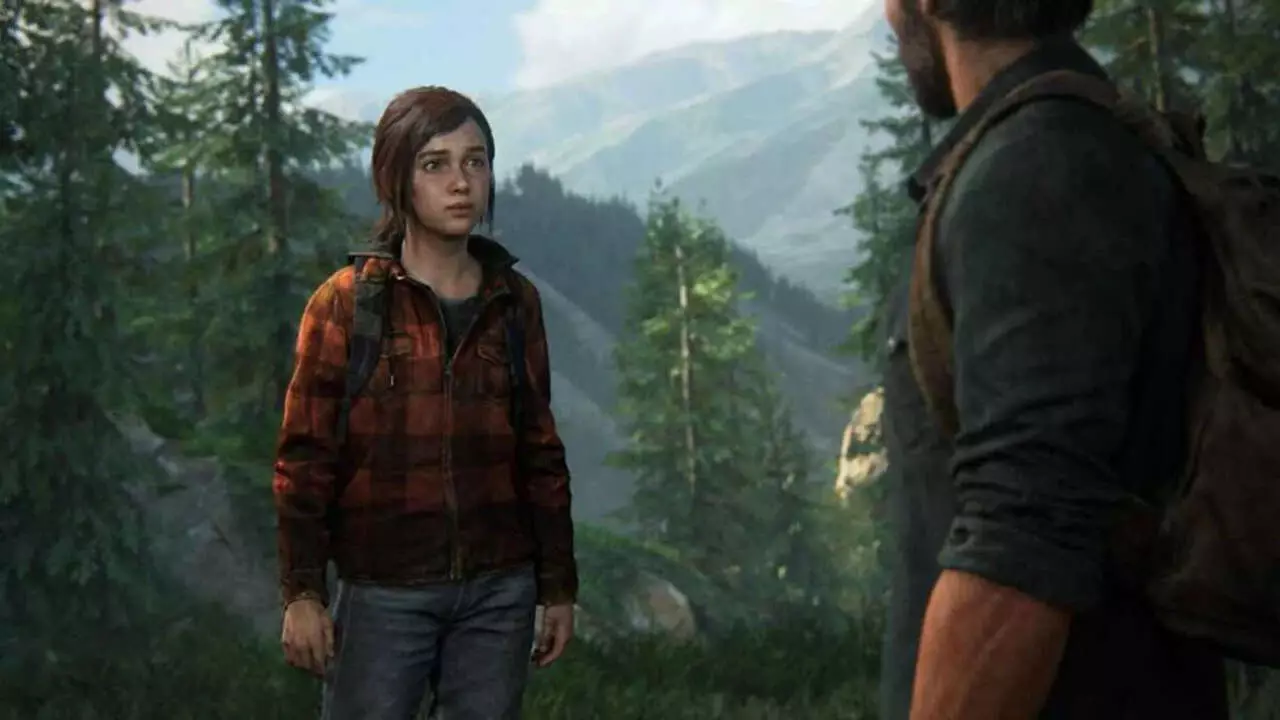When it comes to video game narratives, few titles resonate as profoundly as The Last of Us, particularly its original chapter that left players grappling with complex ethical dilemmas. Ten years prior to its transition to an HBO series, the game closed on a note drenched in moral ambiguity. Protagonist Joel’s harrowing decision to sacrifice countless lives to save Ellie, a girl he cherished, shook the foundations of what players believed a hero could be. Rather than adhere to the archetypal narrative of sacrifice for the greater good, the game opted for a darker, more personal tragedy that forces players to engage in introspection about the nature of love, protection, and the consequences of one’s choices.
Philosophical Dilemmas and Creator Insights
Neil Druckmann, the director behind this groundbreaking saga, has addressed a critical question: Could the Fireflies have succeeded in developing a cure at the cost of Ellie’s life? While he acknowledges the shaky scientific premise underpinning this scenario, the heart of the discussion lies in the philosophical implications. The answer is pertinent; yes, they could have created a cure, and in Druckmann’s view, this uncertainty enhances the narrative’s intensity. The moral quagmire presented by Joel’s decision extends far beyond the fictional world, inviting players to reflect on their own values and dilemmas in real life.
The emotional weight of the situation is accentuated when considering that Joel’s actions come from a place of profound love, complicating the morality of his choice. This narrative thread lifts The Last of Us from typical gaming tropes into a realm where love and loss intertwine, challenging players to confront uncomfortable truths. It raises the question: is survival worth the price of another’s life, even if that life is intertwined with your own?
Looking Ahead: Future Installments and Expanding Narratives
With the promise of The Last of Us Part 3 still hanging in the air, Druckmann and his collaborators have indicated the necessity of a “worthy” narrative to justify a sequel. A commitment to quality storytelling is commendable, especially given the weight that Joel’s actions carry into the sequel. The potential storylines not only promise further exploration of its characters but also deeper dives into the moral complexities that have defined the franchise.
The HBO adaptation, while adeptly bringing this rich narrative to television audiences, continues the exploration of these themes, setting the stage for nuanced characters like Abby, whose journey is pivotal. The show’s creators understand that the essence of what makes The Last of Us profoundly resonant lies in its challenging moral landscape, providing fertile ground for discussion among fans.
The Future of Ethical Storytelling in Gaming
In an age where stories are increasingly driven by social commentary, The Last of Us stands as a monument to the possibilities of narrative depth in gaming. The dialogue generated by Joel’s choices and the implications of those choices potentially shaping the future of the series reflect not only on its characters but on broader societal themes. In an era where entertainment grapples with the complexities of human emotion and ethical dilemmas, The Last of Us serves as a reminder of the profound impact that interactive storytelling can have on our understanding of morality, love, and sacrifice. Rather than providing answers, it invites us to question our convictions and consider the profound weight of our choices.


Leave a Reply